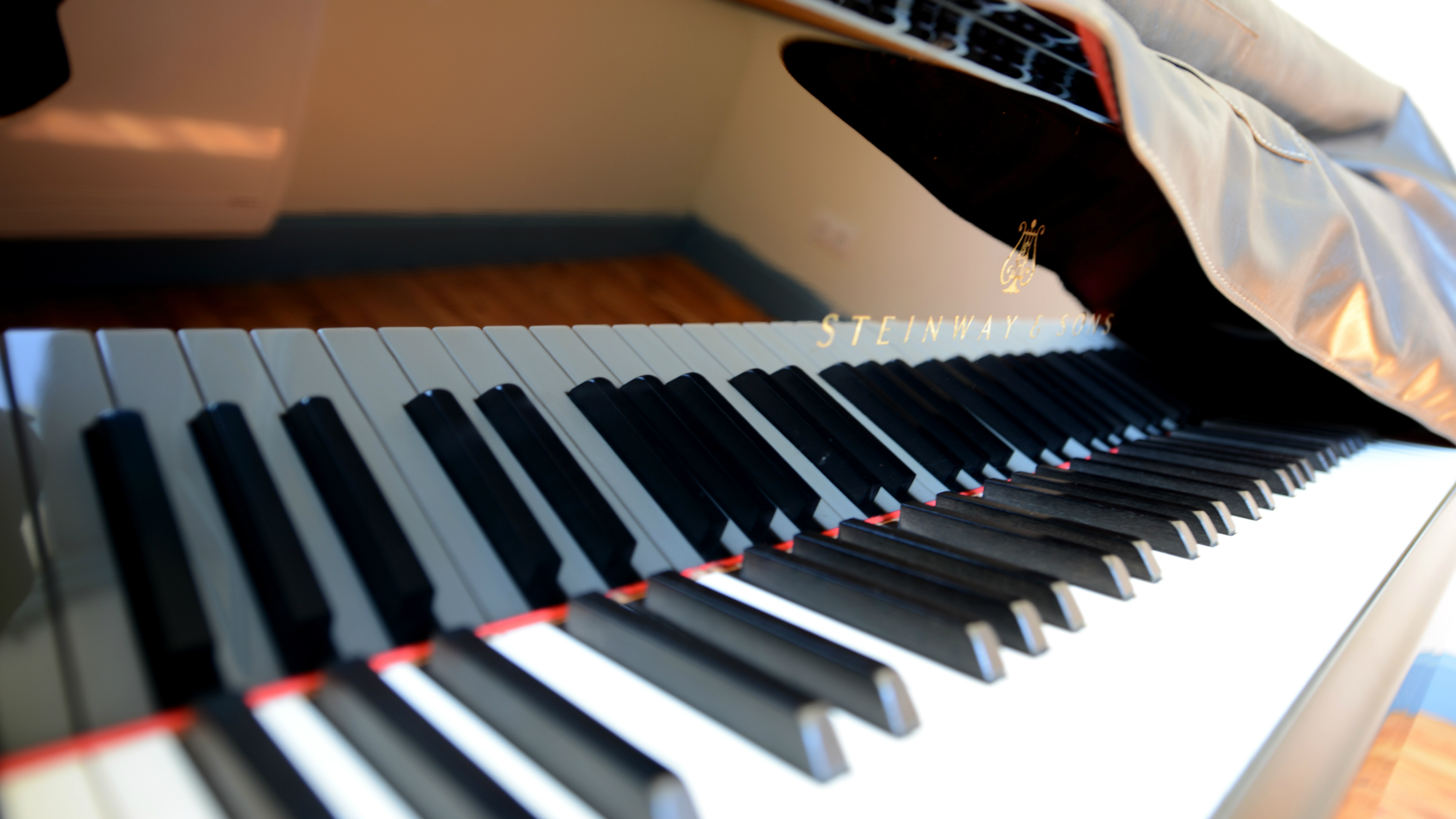British Museum launches hunt after mystery gold found in piano
If no heir to the cache is traced it will be deemed 'legal treasure' and finders will receive a pay out

A free daily email with the biggest news stories of the day – and the best features from TheWeek.com
You are now subscribed
Your newsletter sign-up was successful
The British Museum this week launched a nationwide hunt for the original owners of a "stunning" collection of gold items found hidden inside a piano in Shropshire.
The discovery was made when the upright piano's new owners decided to tune the instrument, a process that involves the removal of several wooden panels.
After finding the gold just before Christmas, the owners, who had been given the instrument as a present, reported their findings as "potential legal treasure", says The Guardian.
The Week
Escape your echo chamber. Get the facts behind the news, plus analysis from multiple perspectives.

Sign up for The Week's Free Newsletters
From our morning news briefing to a weekly Good News Newsletter, get the best of The Week delivered directly to your inbox.
From our morning news briefing to a weekly Good News Newsletter, get the best of The Week delivered directly to your inbox.
The items are currently being kept safe in a secret location.
Experts believe the valuables could have been "deliberately hidden" in the instrument over a century ago, reports the BBC. An inquest has been opened at Shrewsbury Coroner's Court to determine whether the gold can be classed as "treasure", or whether an heir to the cache can be traced. If it is deemed to be treasure, the piano's owners can expect a payment for their discovery from the British Museum.
Under the United Kingdom Treasure Act 1996, legal treasure is defined as an object that is substantially made from gold or silver, is at least 300 years old, has been deliberately hidden with the intention of recovery and whose owners or heirs are unknown.
The British Museum is understood to be analysing the objects, but is currently unable to disclose the nature or origin of them. Peter Reavill of the British Museum's portable antiquities scheme said: "We can't say what it is exactly because we are trying to track down the potential true owners.
A free daily email with the biggest news stories of the day – and the best features from TheWeek.com
"The current owners did not know what to do but they came to the museum and laid it all out on the table. I was like, 'whoa'. I'm an archaeologist and I'm used to dealing with treasure, but I'm more used to medieval brooches. I have never seen anything like that. It's a stunning assemblage of material."
So far, research has found that the upright piano, made by Broadwood & Sons of London, was sold in a music shop in Essex in 1906. Its history was unknown until 1983 when records show it was purchased by a family in the area who later moved to Shropshire.
-
 The 8 best TV shows of the 1960s
The 8 best TV shows of the 1960sThe standout shows of this decade take viewers from outer space to the Wild West
-
 Microdramas are booming
Microdramas are boomingUnder the radar Scroll to watch a whole movie
-
 The Olympic timekeepers keeping the Games on track
The Olympic timekeepers keeping the Games on trackUnder the Radar Swiss watchmaking giant Omega has been at the finish line of every Olympic Games for nearly 100 years
-
 Home Office worker accused of spiking mistress’s drink with abortion drug
Home Office worker accused of spiking mistress’s drink with abortion drugSpeed Read Darren Burke had failed to convince his girlfriend to terminate pregnancy
-
 In hock to Moscow: exploring Germany’s woeful energy policy
In hock to Moscow: exploring Germany’s woeful energy policySpeed Read Don’t expect Berlin to wean itself off Russian gas any time soon
-
 Were Covid restrictions dropped too soon?
Were Covid restrictions dropped too soon?Speed Read ‘Living with Covid’ is already proving problematic – just look at the travel chaos this week
-
 Inclusive Britain: a new strategy for tackling racism in the UK
Inclusive Britain: a new strategy for tackling racism in the UKSpeed Read Government has revealed action plan setting out 74 steps that ministers will take
-
 Sandy Hook families vs. Remington: a small victory over the gunmakers
Sandy Hook families vs. Remington: a small victory over the gunmakersSpeed Read Last week the families settled a lawsuit for $73m against the manufacturer
-
 Farmers vs. walkers: the battle over ‘Britain’s green and pleasant land’
Farmers vs. walkers: the battle over ‘Britain’s green and pleasant land’Speed Read Updated Countryside Code tells farmers: ‘be nice, say hello, share the space’
-
 Motherhood: why are we putting it off?
Motherhood: why are we putting it off?Speed Read Stats show around 50% of women in England and Wales now don’t have children by 30
-
 Anti-Semitism in America: a case of double standards?
Anti-Semitism in America: a case of double standards?Speed Read Officials were strikingly reluctant to link Texas synagogue attack to anti-Semitism